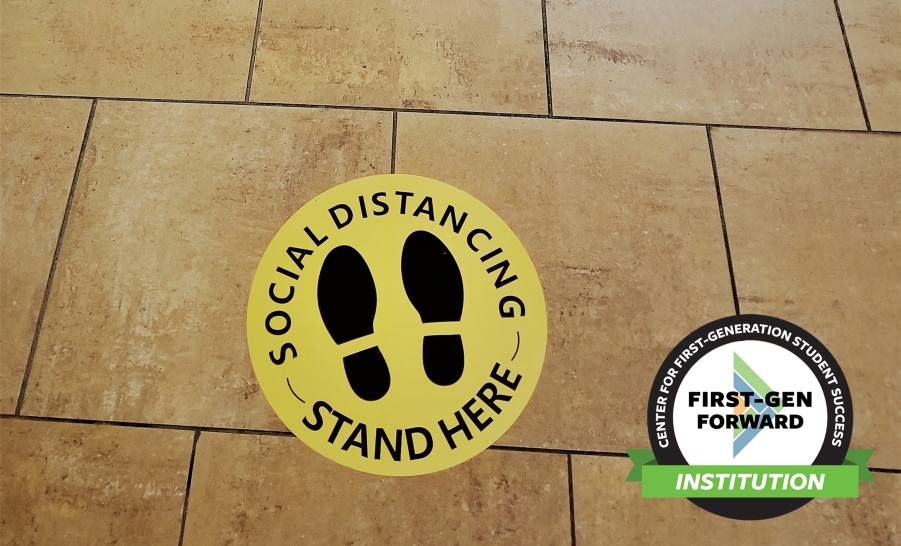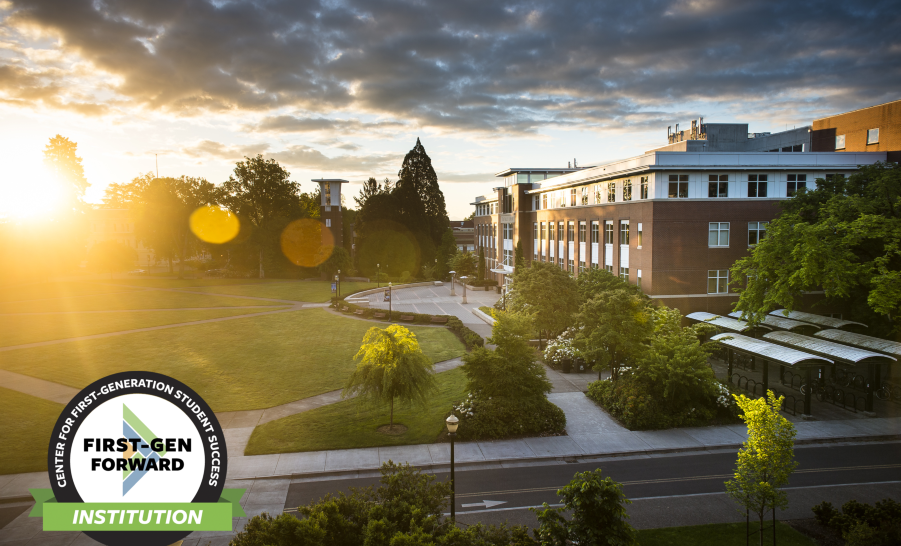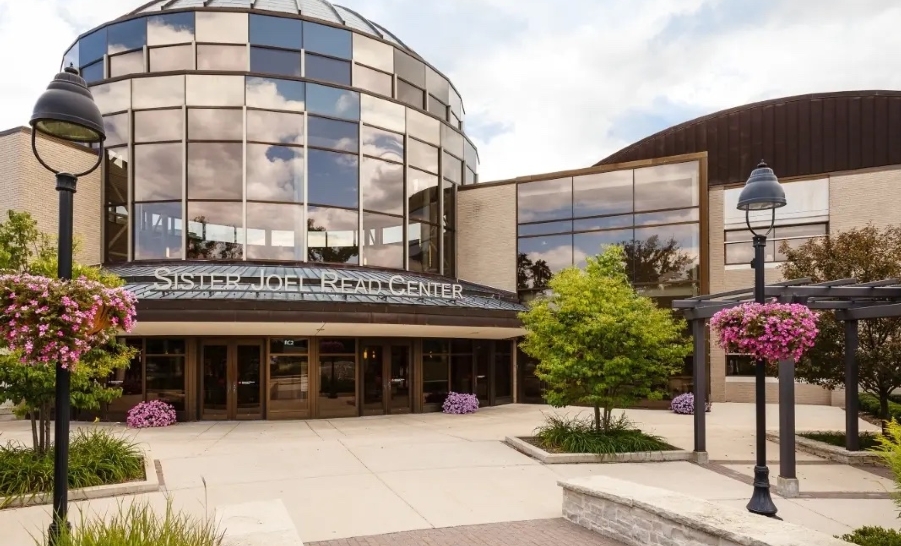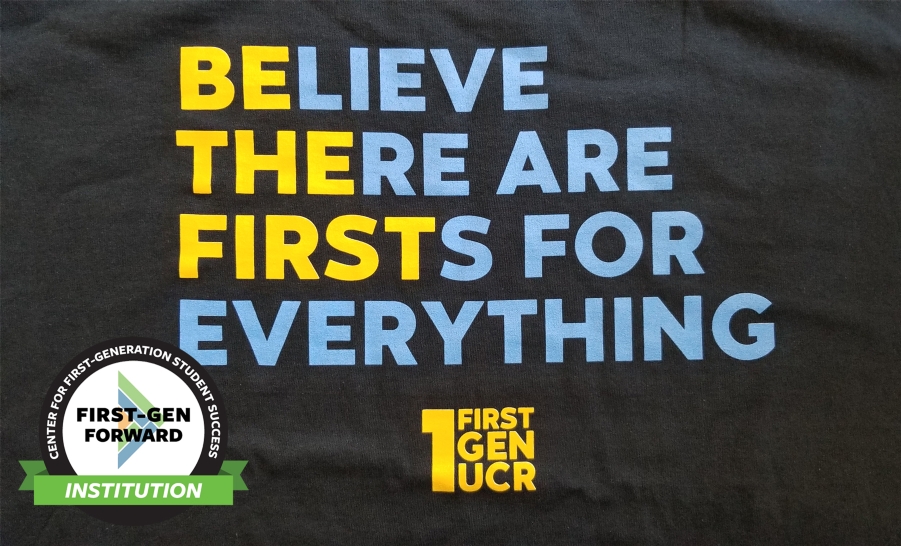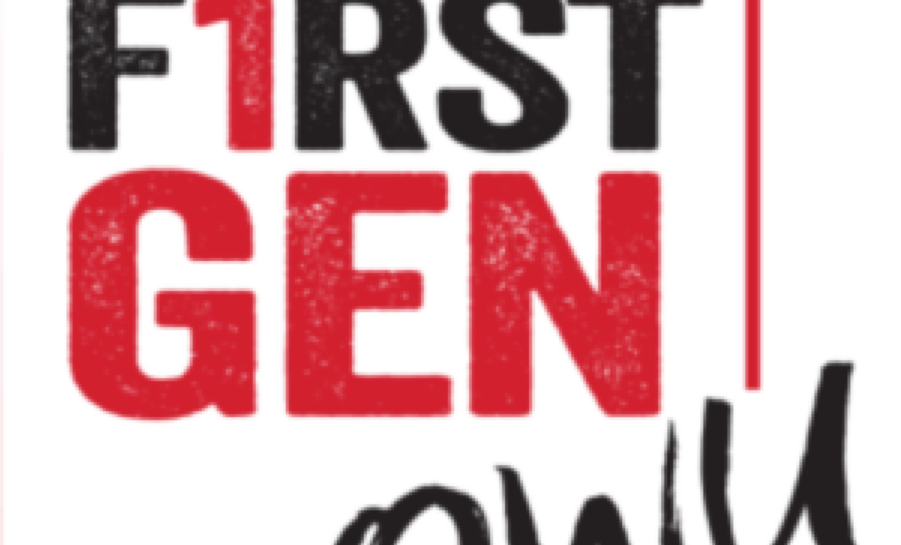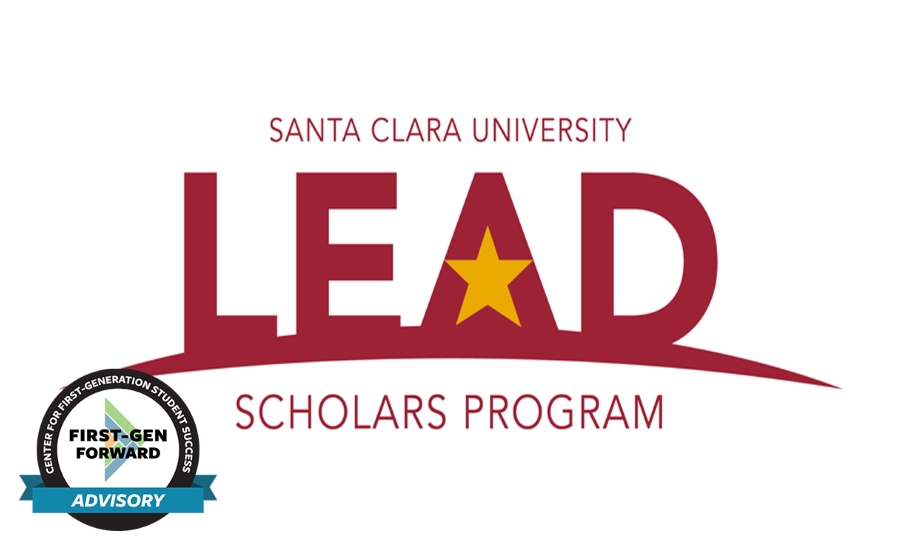Let's Talk About It: A Focus Group Approach
Sara Wilson, M.S., Western Washington University / FirstGen Forward / September 22, 2021
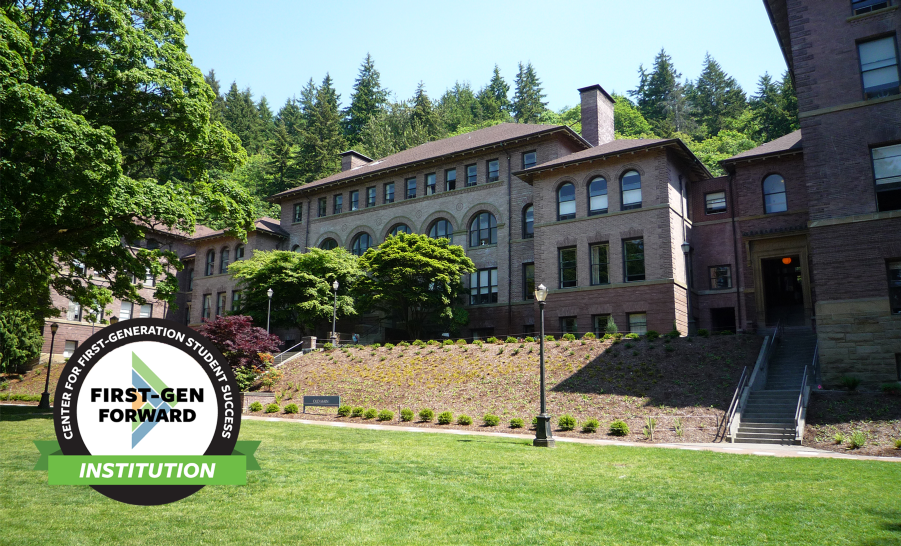
Some Background Information
At Western Washington University (Western), there has been a long-standing commitment to supporting first-generation students. Student Outreach Services (SOS), a department in Western’s Student Success Initiatives unit, states clearly in its mission “providing support for first-generation students,” particularly students in their first year. Their services and programs include sponsoring a two-credit elective seminar course centered on strategies for personal and academic success, supporting a peer mentoring program, and personalized tutoring services. Their website includes pages featuring first-generation faculty and staff as well as the voices of students and alumni. SOS also coordinates the Western’s annual First-Generation celebration in November in partnership with other offices across the university and collaborates with faculty across the university who are interested in first-generation initiatives.
Assessing Our Efforts
Assessment is an important component of our efforts with questions routinely asked via surveys conducted by Western’s Office of Institutional Effectiveness and through departmental projects. In spring 2021, we expanded on our quantitative data collection by conducting focus group sessions to hear directly from a small group of students about their experiences with the intention that the data would contribute to future goal setting.
In recognition that the needs of first-generation students are different throughout their educational experience, the sessions were organized into three different groups: freshmxn/sophomore students, juniors, and seniors. Two focus groups were hosted for each grouping. Three different facilitators were used in this process, and all sessions were conducted via Zoom due to the pandemic and our remote work/learning circumstances.
In preparation for the sessions, the working team established a facilitator outline and set of ground rules to anchor each session and ensure consistency in the process. The team also developed a common set of questions regarding students’ college and personal experiences to ask across all three groups. Four additional questions were developed to gather information about high school experiences for the freshmxn/sophomore sessions as well as four additional questions to be asked of the groups if additional time was available. The feedback from all sessions was then organized over the summer months with a particular emphasis on identifying general themes and themes specific to each group.
We expanded on our quantitative data collection by conducting focus group sessions to hear directly from a small group of students about their experiences with the intention that the data would contribute to future goal setting.
What Did We Learn?
In reviewing the information, several major themes and discoveries emerged. Common themes and needs across all groups included the following:
-
Self-advising due to less than satisfactory experiences with an advisor
-
Finding resources and navigating the hidden curriculum alone
-
GPA is not the best indicator of learning or success
-
Family can’t relate to/understand the college/academic experience
-
Students are working approximately 20+ hours a week
-
Need for individualized advising and personalized coaching/mentorship
-
Needs for more connections and community building (e.g. First Generation Meet-N-Greets, workshops, dedicated point persons) and a First-Generation Family Orientation/Handbook
-
Earlier communication from the university
Themes across the specific groups varied and included everything from a need for FAFSA application assistance; more engaging classes for first- and second-year students; a desire for more clubs to affirm/strengthen first-generation and intersectional identities; experiences of ageism and ableism for non-traditional students; difficulty making non-academic connections with faculty; and confusion/frustration about major and career pathways.
Next Steps
We are excited to take this information and apply it over the coming year through our continued program planning as well as through our First-Gen Coalition goals which will focus on two main initiatives: (1) forming a cross-divisional Collective tasked with increasing comprehensive support of first-generation students and raising awareness of the unique needs of first-generation students and 2) developing a First-Generation Toolkit (in English and Spanish) for families of first-generation students to increase awareness of programs, services, and the college experience.
We are happy to share more about our focus group project as well as the resources developed for that project. For more information, please contact Cameron Wuhr at 360-650-7592 or [email protected]
For more information on Western Washington University’s approach, please visit their website here.
